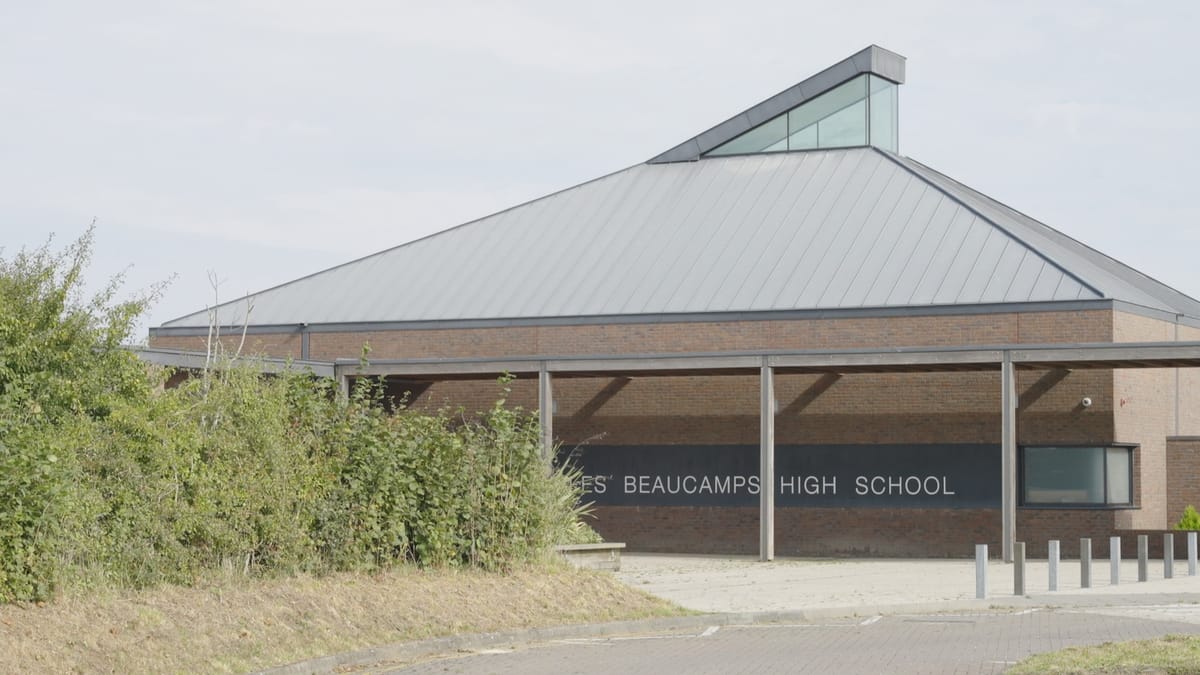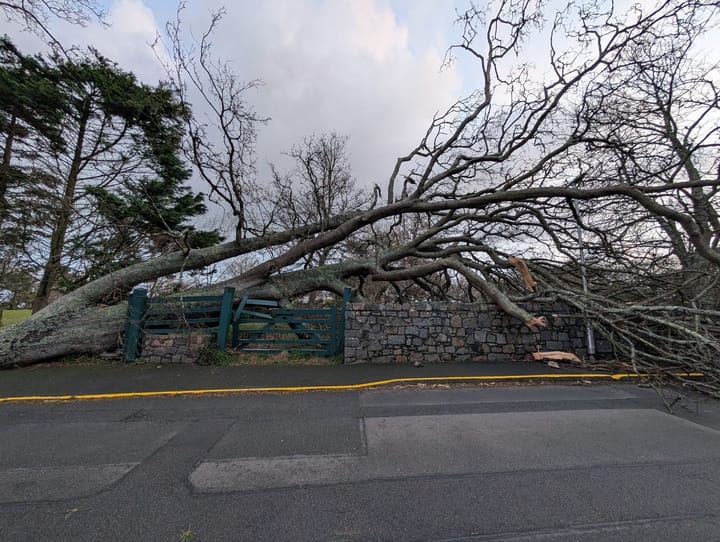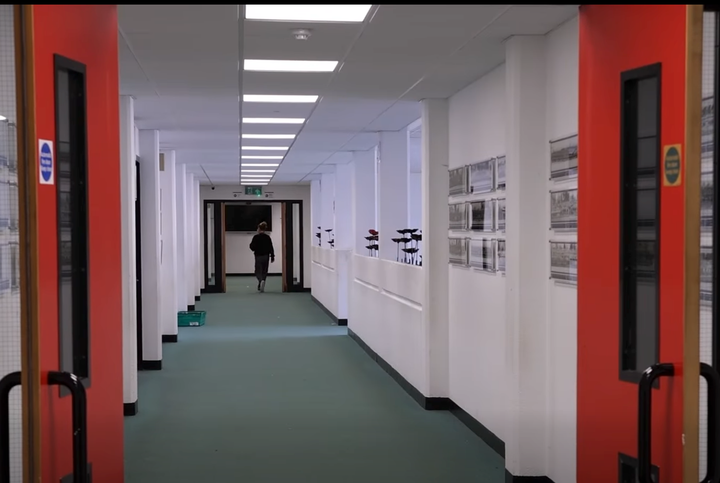Reading programme in secondary schools ensuring more children can succeed from the start

- The ‘Thinking Reading’ programme was launched in Guernsey secondary schools in September 2024.
- It aims to address the literacy gap for students with significant reading challenges.
- In the past academic year, 30 Year 7 students improved their reading age, some progressing to a reading age of 12.
- The initiative is part of a broader literacy strategy encompassing both primary and secondary education.
- A total of 17 teachers, including five qualified to support learners with dyslexia, deliver the programme.
The ‘Thinking Reading’ programme has demonstrated success in its first year at Guernsey's secondary schools, officially launched in September 2024.
This initiative is designed to help students with significant reading difficulties, particularly those entering Year 7 with reading ages as low as seven or eight.
Over the last academic year, 30 Year 7 students participated in the programme, which emphasises a rigorous and personalised approach to learning. Many of these students achieved notable improvements, advancing their reading age to an average of 12, with some making remarkable progress in just a few months.
The programme operates as part of a wider literacy strategy that includes primary school interventions. The Literary Intervention team supports over 300 children each year at primary schools, with an additional allocation of resources allowing 100 more pupils to benefit from targeted literacy support since September 2023.
The teaching team consists of 17 educators, including teachers working in Alderney, with eight members holding Level 5 qualifications from the British Dyslexia Association. This training enables them to provide specialised, multi-sensory interventions to learners with dyslexia. Furthermore, other educators within the group also receive training to deliver targeted support effectively in schools.
Kelly Child, Language and Literacy Specialist Intervention Team Leader, said: “Our Literary Intervention team is offering something unique on this island – this kind of one-to-one, tailored support is not available in this way in most UK schools. We are incredibly proud to see such fantastic results from the first year of formally delivering the ‘Thinking Reading’ programme in secondary schools, which continues the strong work the team do across primary schools to ensure we consistently provide the best support possible.”
Feedback from parents highlights the positive impact of the programme on students' confidence.
Chloe Girard, whose daughter Abbie is participating, remarked, “Abbie has dyslexia and has really thrived from being part of the programme, and this has given her confidence to participate more fully in lessons. It means a lot to a young girl who has very little confidence in her ability.”
Nick Hynes, Director of Education, said: "Our schools have made significant progress in supporting improved literacy in the last few years. Primary literacy leaders have received sustained training in evidence-informed practices, leading to the adoption of high-quality phonics programmes. Secondary schools are now using advanced reading assessments and targeted interventions such as ‘Thinking Reading’, and we are fostering a culture which acknowledges a shared responsibility for ensuring every student learns to read.
"Scientific evidence shows that while some children face greater neurodevelopmental challenges, almost all can learn to read with systematic, high quality support. The results are clearly showing that by shifting our focus from reactive to preventative approaches - equipping schools with effective tools for early teaching and intervention - we are reducing future reading problems and ensuring more children can succeed from the start."




Comments ()